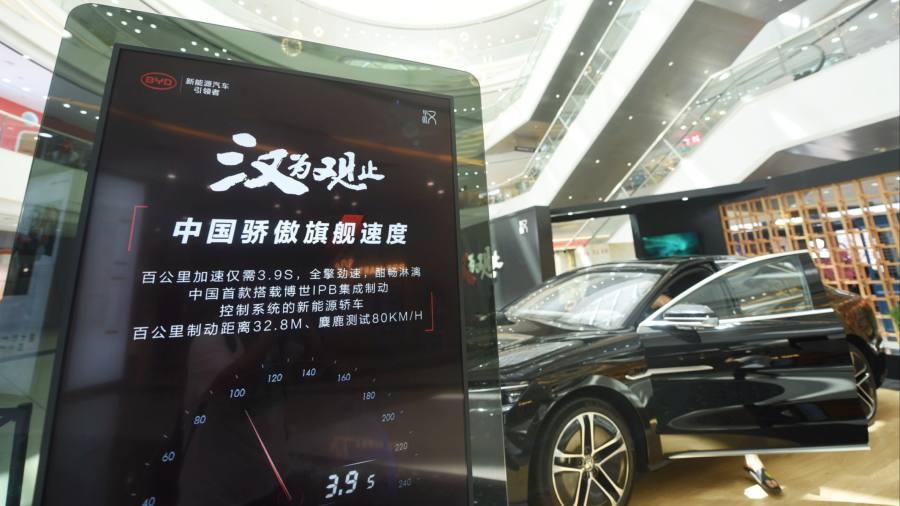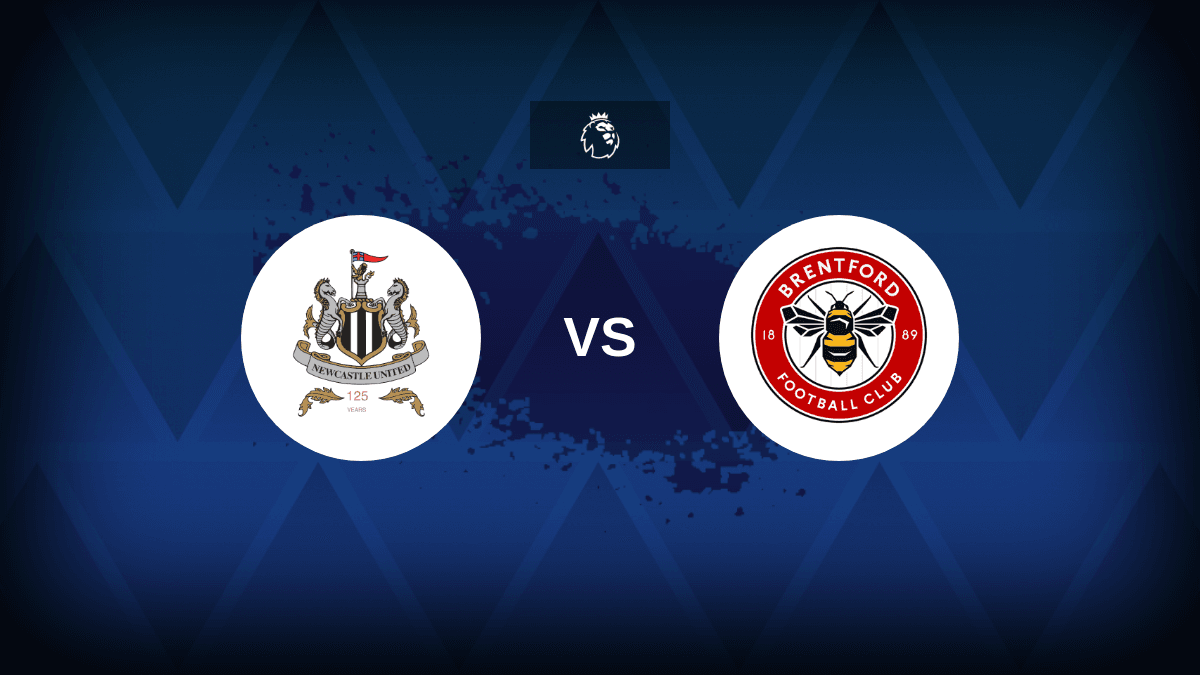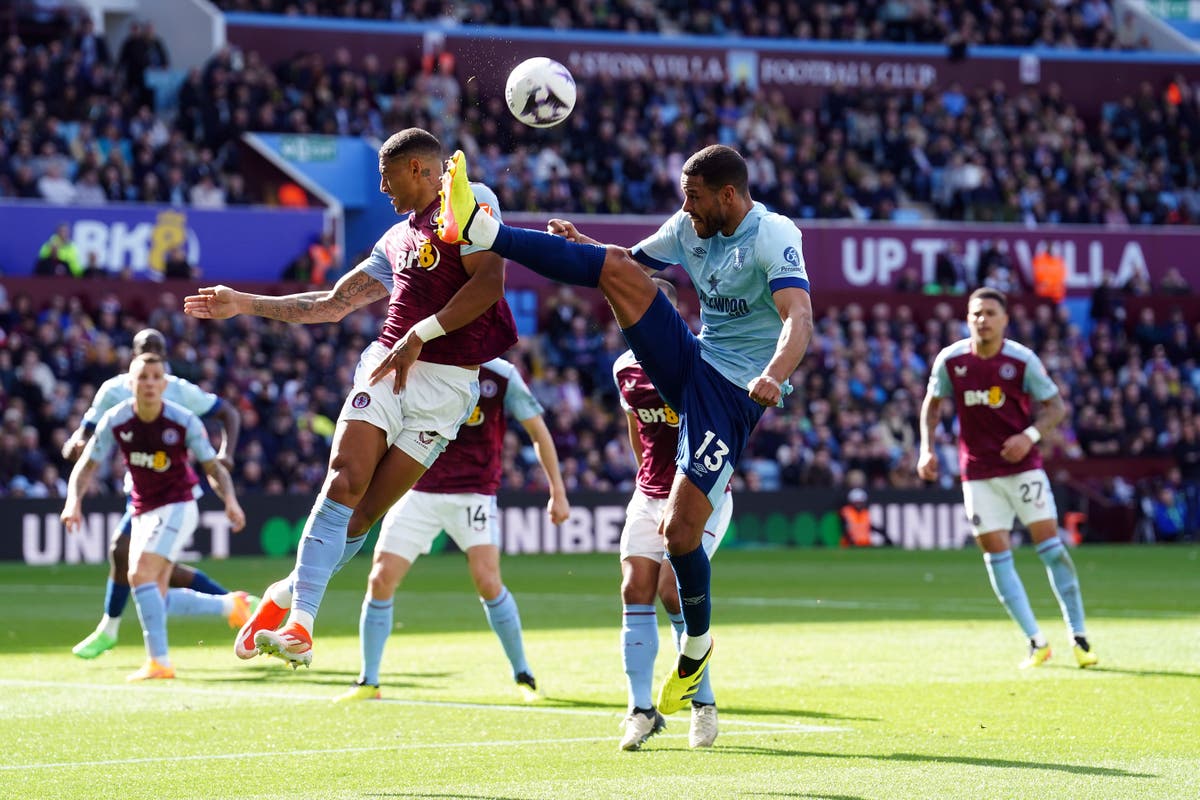I recently took part in a “TV debate” on a news channel, which conducts daily polls on Gujarat election issues, people, and changing trends. The survey results provided that day revealed that 60% of people consider the Morbi bridge collapse a major issue affecting everyone’s psyche. Is our political elite attuned to this sentiment?
On October 31, 24 hours after the Morbi disaster, a news channel was holding a heated debate on the issue. At the debate, a Congress spokesman claimed that the ruling party did not execute its responsibilities well. In response, a spokesman for the ruling party said the Congress had disrespected Sardar Patel. They had forgotten that Patel had died 72 years before, whereas the Morbi bridge had collapsed a few hours before.
Later, Prime Minister (PM) Modi visited Morbi to express his sympathies and to lead relief, inquiry and action efforts. Even when he was wiping people’s tears, the same boring “tu-tu, main-main” was shown on TV networks. We began shifting from truth to half-truths because of our leaders even before Independence, but now the line between truth and falsehood has become blurred. Not just politicians, but also people involved in the discourse are guilty of this. Meanwhile, Bharatiya Janata Party (BJP) spokespersons began using sensible language. Perhaps they were sure that they could minimise the damage by taking strict action against the perpetrators. The first list of candidates did not surprise me; 38 sitting Members of the Legislative Assembly had been denied tickets. Changing faces is a well-known poll strategy.
Along with this, the party’s strategy was also changed. Last week, PM Modi raised the slogan, “Aa Gujarat me banavyu che,” (This Gujarat is made by me) and asked everyone in the audience to repeat it. This message has significant political implications. It appears to be a slogan of Gujarat’s progress and Gujaratis’ commitment to it, but it also implies that Narendra Modi has played an essential part in the state’s development for 22 years, both as chief minister and PM.
On the other hand, the Congress party is undertaking a grassroots-level dialogue with little fuss, while Aam Aadmi Party (AAP) leader Arvind Kejriwal and his partymen are vocal. During a live interview recently, Kejriwal wrote a slip predicting that the Congress would gain less than five seats this time in Gujarat and handed it to the anchor. With this, he stated that his party had risen to second place and was now on its way to the top spot. Kejriwal added that, according to some, he had the support of the “OTP” — OBC, Tribal and Patel. He entered the election campaign promising “new politics”. In less than 10 years, he set a record by winning thrice in Delhi and then in Punjab. His language and attitude have changed dramatically in this period. Meanwhile, his cabinet minister and close confidante Satyendra Jain, and his media adviser, have been imprisoned on corruption charges. Sukesh Chandrashekhar, a jailed “mahathag” (super conman), is making a slew of allegations against key AAP leaders and officials, including Jain. Is this a fresh ploy from the mahathag, or are the allegations true? Arvind Kejriwal, in his reaction, questioned the mahathag’s character, claiming that it is being done to distract from the Morbi collapse. Kejriwal is defending his deputy Manish Sisodia with nearly the same intensity.
I’d like to bring up the 2G spectrum scam, which came to light just before the 2014 elections. This alleged scam was widely seen as the primary reason for the fall of the Congress-led United Progressive Alliance (UPA) at the national level and the Dravida Munnetra Kazhagam (DMK) government in Tamil Nadu. At the time, the AAP and the BJP, which are now at odds over corruption, were together raising a number of charges against then communications minister A Raja. The Central Bureau of Investigation also imprisoned Kanimozhi, the daughter of DMK supremo M Karunanidhi, and Raja for months. The court later acquitted them for lack of evidence. Will those who blamed Raja, Kanimozhi and the Congress today apologise?
Definitely not! Our politics has grown dependent on accusations and counter-allegations. This also taints the positive works of the rulers. I feel that if Modi or Mamata Banerjee, Kejriwal or Yogi Adityanath, Shivraj Singh Chouhan or Naveen Patnaik, Nitish Kumar or K Chandrashekar Rao had won two or more successive elections, they must have done some excellent work for their people. Despite this, why can’t our politicians dare to run for office solely on the basis of their welfare work and contributions? The electorate, not politicians, will have to provide an answer to this question. In some ways, the electorate has supported the misconduct of the politician.
The moment has come to remind our politicians that we will vote based on their work and principles, not on hatred or spectacle.
Shashi Shekhar is editor-in-chief, HindustanThe views expressed are personal















